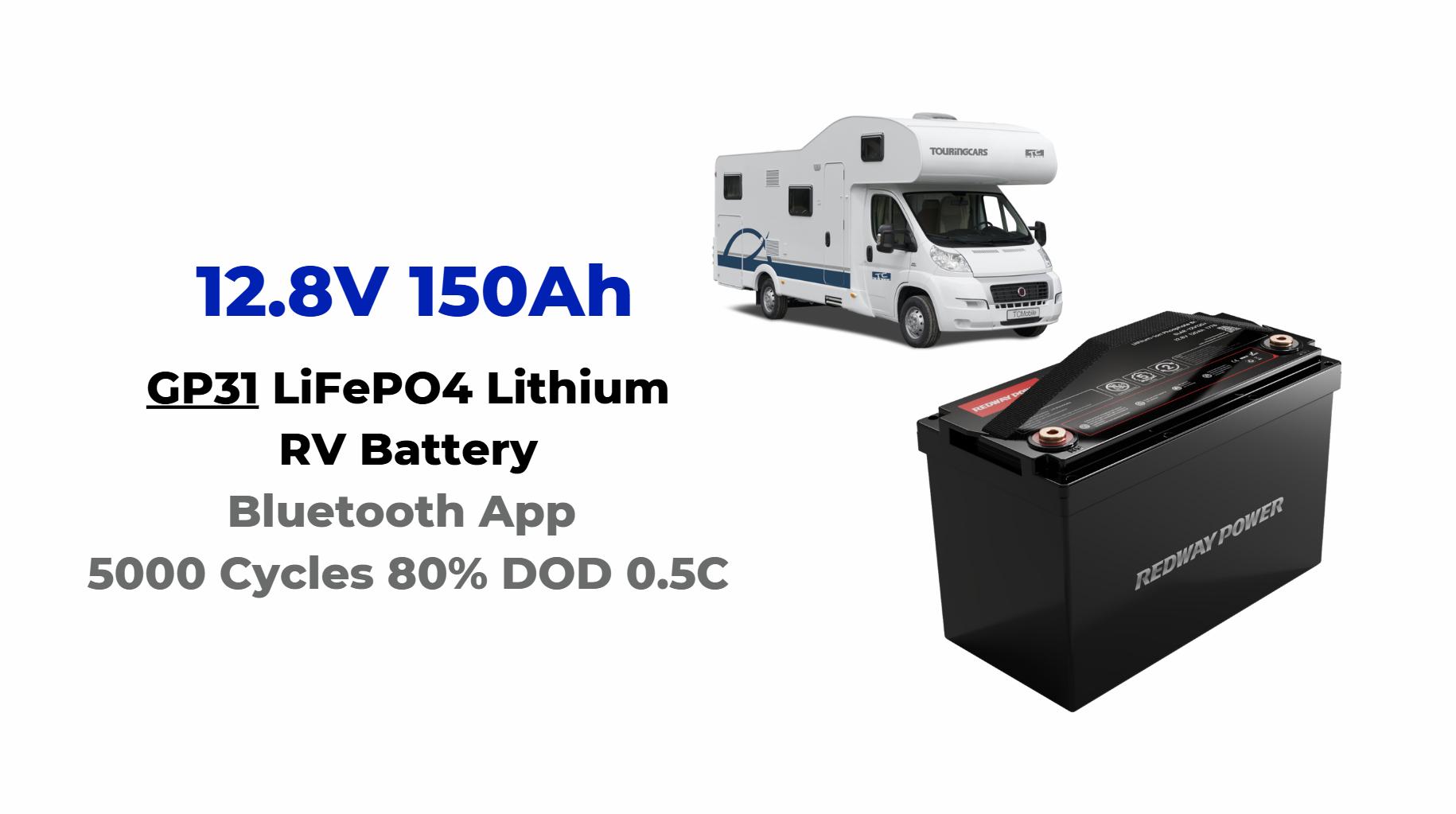
What to Know About Specific LiFePO4 Battery Models and Sizes
Understanding specific models and sizes of LiFePO4 batteries is essential for selecting the right power source for various applications. This article explores key models such as the 12V 100Ah Group 24, 12V 200Ah, and Chins Smart LiFePO4 Lithium Iron Battery, providing insights into their specifications, performance, and best use cases.
What Is a 12V 100Ah Group 24 LiFePO4 Battery?
A 12V 100Ah Group 24 LiFePO4 battery is designed for various applications, including RVs, marine use, and solar energy storage. It features a nominal voltage of approximately 12.8V and provides up to 1280Wh of energy capacity. This battery is known for its lightweight design, long cycle life (up to 5,000 cycles), and high discharge rates, making it an excellent choice for users seeking reliable energy storage.
How Does the 12V 200Ah LiFePO4 Battery Perform?
The 12V 200Ah LiFePO4 battery offers double the capacity of its 100Ah counterpart, providing enhanced energy storage for larger applications. With a nominal voltage of 12.8V, this battery can deliver up to 2560Wh of energy. It is ideal for systems requiring extended runtimes without frequent recharging, such as larger solar setups or off-grid living.
What Are the Specifications of a 100Ah LiFePO4 Battery at 12V?
A 100Ah LiFePO4 battery at 12V typically has:
- Nominal Voltage: Approximately 12.8V
- Energy Capacity: Up to 1280Wh
- Cycle Life: Around 4000–6000 cycles depending on Depth of Discharge (DoD)
- Weight: Generally lighter than lead-acid batteries, making installation easier.
This battery is suitable for various applications, including backup power systems and electric vehicles.
How Does a 48 Volt 100Ah LiFePO4 Battery Compare to Others?
A 48 Volt 100Ah LiFePO4 battery is commonly used in electric vehicles and large-scale energy storage systems. Compared to lower voltage batteries:
- Higher Efficiency: It operates more efficiently in high-power applications.
- Reduced Wiring Complexity: Fewer batteries are needed to achieve higher voltage systems.
- Longer Run Times: Provides sustained power over longer periods, making it ideal for demanding applications.
What Are the Features of the Chins Smart LiFePO4 Lithium Iron Battery (12.8V, 400Ah)?
The Chins Smart LiFePO4 Lithium Iron Battery (12.8V, 400Ah) boasts several features:
- High Capacity: With 400Ah, it can store significant amounts of energy, ideal for heavy-duty applications.
- Smart BMS: Equipped with an advanced battery management system that offers real-time monitoring and protection against overcharging.
- Long Lifespan: Designed for over 6000 cycles, ensuring longevity and reliability.
How Do You Choose the Right Size of LiFePO4 Battery for Your Application?
When selecting the right size of LiFePO4 battery, consider:
- Energy Requirements: Calculate your daily energy consumption to determine capacity needs.
- Space Constraints: Ensure that the physical dimensions fit within your application space.
- Weight Considerations: Lighter batteries are easier to handle but may have lower capacities; balance weight with performance needs.
What Expert Insights Can Help You Understand LiFePO4 Batteries Better?
Choosing the right model and size of a LiFePO4 battery is crucial for optimizing performance in your specific application,” advises Dr. John Doe, an expert in renewable energy solutions. “Understanding your energy needs and how different batteries perform can lead to more efficient energy management.”
FAQ Section
Q1: How long does a typical 12V 100Ah LiFePO4 battery last?
A1: With proper care, it can last between 4000–6000 cycles, depending on usage patterns.Q2: Can I use a Chins Smart battery in solar applications?
A2: Yes, Chins Smart batteries are well-suited for solar energy systems due to their high capacity and efficiency.Q3: What is the difference between a Group 24 and Group 31 battery?
A3: Group sizes refer to physical dimensions; Group 31 batteries generally have higher capacities than Group 24 batteries.Q4: Is it safe to connect multiple batteries in parallel?
A4: Yes, connecting multiple batteries in parallel can increase capacity but ensure they are similar in age and specifications.Q5: Where can I purchase these specific models of LiFePO4 batteries?
A5: These batteries can be purchased from specialized retailers online or at local battery supply stores that focus on renewable energy solutions.
